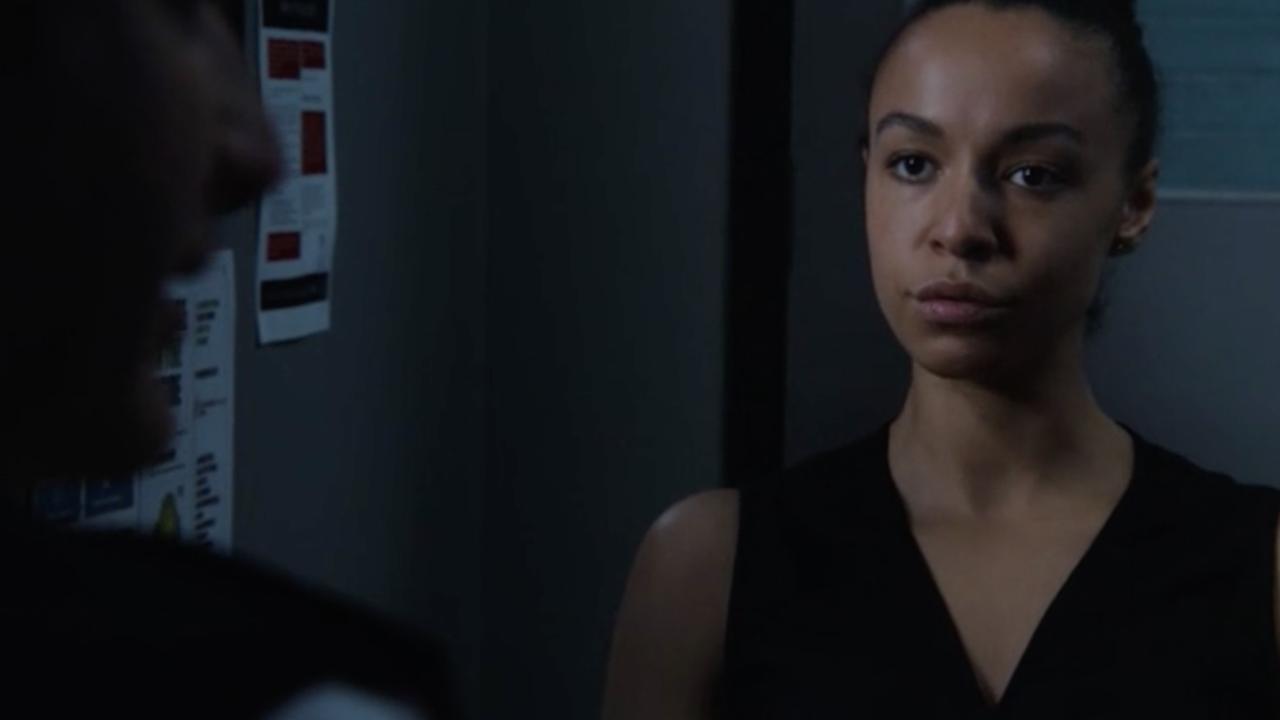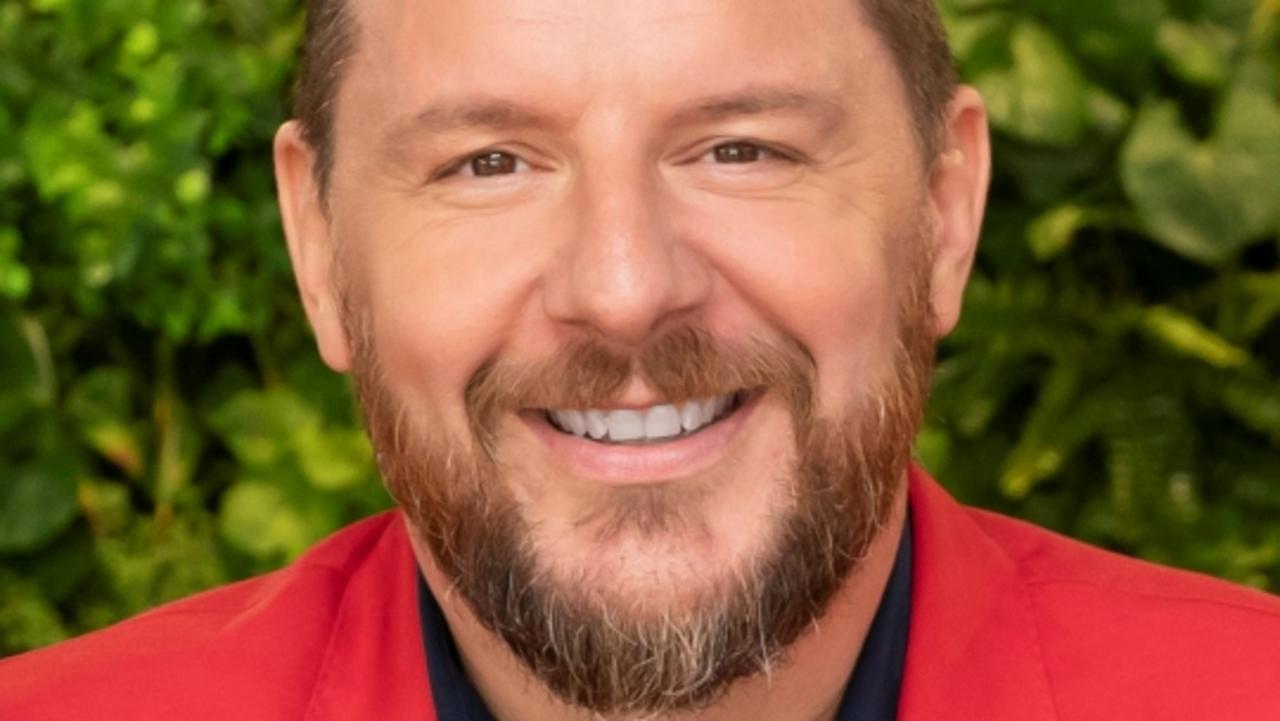Utopia star Rob Sitch on Malcolm Turnbull, Marie Kondo buzzwords and where Mike Moore is now
Many of the plots in the hit ABC satire Utopia can be taken straight from the headlines, but star and director Rob Sitch reveals how a former PM blew one of their episodes out of the water.
Entertainment
Don't miss out on the headlines from Entertainment. Followed categories will be added to My News.
When former prime minister Malcolm Turnbull proudly announced one of his signature projects, Snowy 2.0, a couple of years ago, not everyone was impressed.
Rob Sitch and his Working Dog colleagues behind the Logie-winning, hit political satire Utopia were among the less than pleased.
The huge, hydro-electric project designed to bring cheaper power to the east coast of Australia had already been foreshadowed in an episode from five years ago — and resurrecting the idea for real forced them to go back to the drawing board for the fourth season, which begins next week.
“He blew one of our episodes because we were going to have one of our team fly to the Tumut power station as a backdrop for one of our episodes and he got his Akubra there first,” says Sitch, who plays Tony Woodford, the hapless head of the fictional Nation Building Authority, as well as directing the comedy.
“So first in, best dressed.”

Real life has never been far away from the world of Utopia, and the running gag across the three seasons to date is that many of the plans — from Very Fast Trains to cross-city tunnels — that are talked up furiously but never brought to fruition could have been ripped straight from the headlines. And in fact, in era of what Sitch calls “peak high-visibility vest” the more the NBA fails to build anything, the bigger it gets.
That’s set to continue in the coming season, no matter how tempted Sitch and his fellow writers Tom Gleisner and Santo Cilauro might be to alter a tried and tested formula. In the same way that Seinfeld’s mantra was famously “no hugging, no learning, the Utopia has adopted a “no building, no personal lives” philosophy.
“We get a couple of wins but we have tried every series to expand its failings and make it bigger, with more staff,” Sitch says of the NBA. “But we have hung on to the thing that it is has never actually instigated and successfully completed a single project.
“We are always in the midst of something and then we get gazumped by something that the government wants to do or it gets cancelled. So four seasons in and so far, so good — we have never actually managed to build anything.”
Nor are they willing to take the show beyond the office lives of the characters such as Sitch’s Tony, Celia Pacquola’s talented but thwarted 2IC Nat Russell and Kitty Flanagan’s hilariously acerbic media manager, Rhonda Stewart.
“We decided really early on that once the show took shape, the minute we left the office and entered personal lives it just felt wrong,” says Sitch. “As long as we stayed in their work life and you only saw people arrive from work and leave from work it kind of cast a spell on the project idea. It makes it harder, but once we fell in love with that idea, we stuck to it. And for some reason we have kept their personal lives completely out of it.”

Indeed the ever changing oddities of office culture are under the microscope in Utopia as much as politicians, government waste and multibillion-dollar white elephant projects. Sitch says that he and his colleagues are constantly on the lookout for situations that are absurd, but instantly recognisable to office-workers to base plot lines around.
“In the lead-up to every series we will go and approach our accountants, or someone will know someone, or we will go into the city and chat to people — and offices continue to invent things that we have never heard of,” he says.
“Someone told us that their staff retention officer was great until she left after six weeks on the job. So staff retention has become a really big thing because people don’t have a job any more, they have a career arc and they have a journey.
“Even little things like decluttering — this series in Utopia in one episode, Brian the security officer declutters the NBA basement. That word didn’t exist 12 months ago and then Marie Kondo just put it up in lights and everyone starts using it. Offices are almost like a petri dish — what gluten intolerance is to food, the office is to human life.”
And with his well-intentioned but ultimately ineffective character Tony stuck in a never-ending cycle of bureaucracy, spin and office speak, Sitch has he has to come up with new arc for him every season.
“So in season two he got fit, and he was going to be healthy and had a new approach but got beaten down and got type 2 diabetes by the end,” Sitch says with a laugh.
“Then season three he was about to give up and in four he’s on the verge of moving on and handing over to Celia Pacquola’s character. So he has a bit more time, he has taken up golf in this series, he’s doing a transition to retirement and still nothing ever gets done. So it’s a bit of Groundhog Day and also four of the seven stages of life.”

Despite the constant calls from fans for a return of Working Dog’s trailblazing, beloved 1990s current affairs satire Frontline, Sitch says it’s unlikely to come back.
READ MORE:
COMEDY SHOW THAT WENT FROM RADIO FILLER TO TV HIT
WHY CELIA PACQUOLA HATES ROMANTIC COMEDIES
But that doesn’t mean the world has seen the last of his preening, venal, deluded host Mike Moore, who Sitch occasionally wheels out for charity functions.
“I occasionally bring out Mike Moore to a crowd that will know him and I fill people in on where I have been,” he says. “I haven’t updated him in the last two or three years but the last time (Mike) was hosting an Asia-Pacific chat show out of Auckland called Less Is Moore, sort of Denton-style where I spoke to Frank Bainimarama in Fiji and all the key players. So in his head, Mike is still a heavy hitter but he’s tending more to the Asia Pacific region than Sydney.”
WATCH UTOPIA, SEASON 4, ABC, AUGUST 21, 9PM


